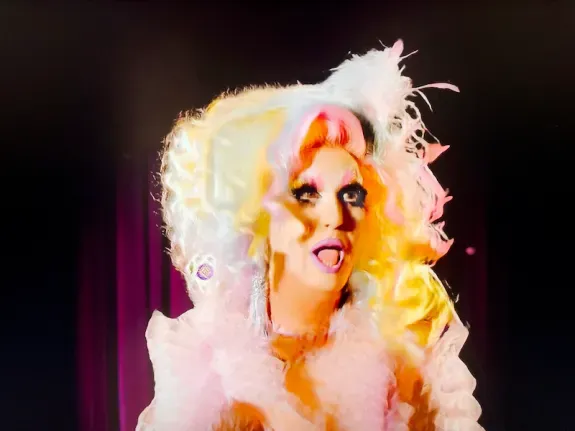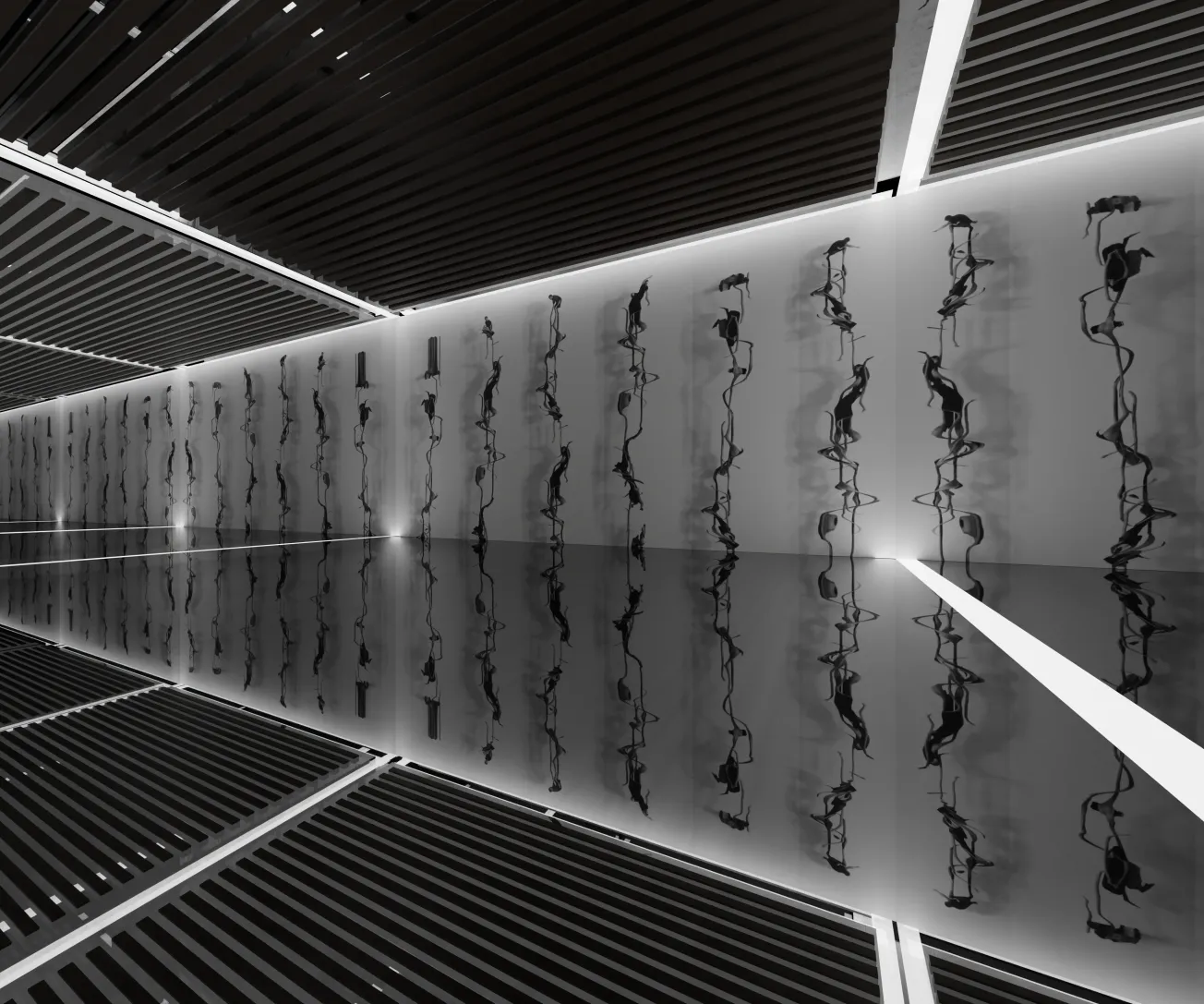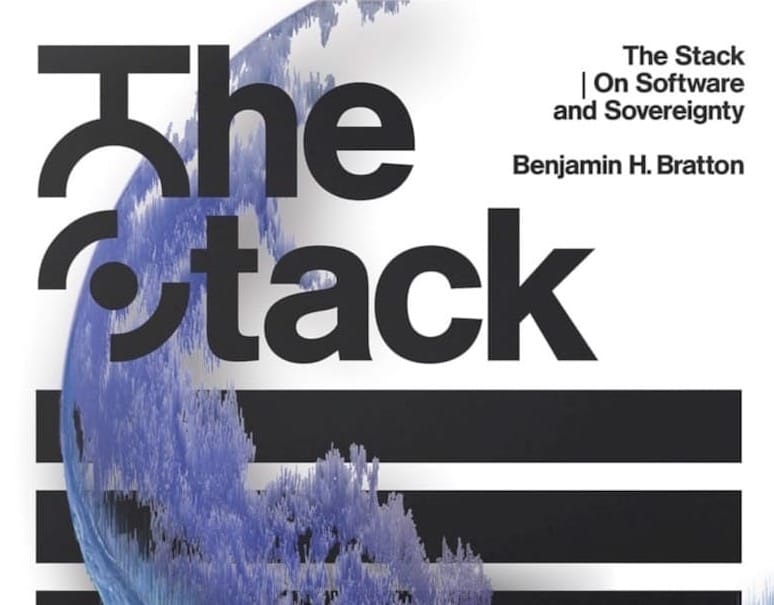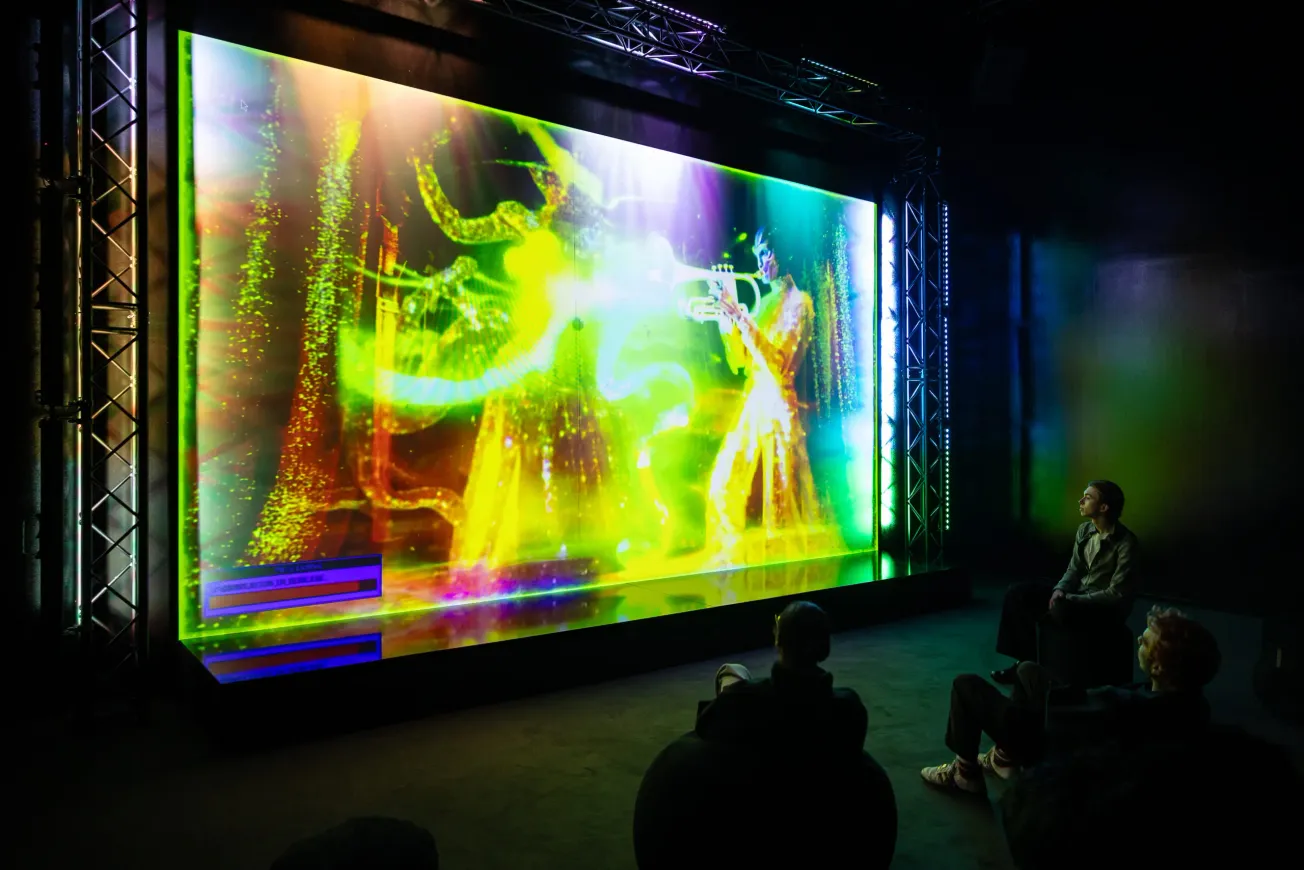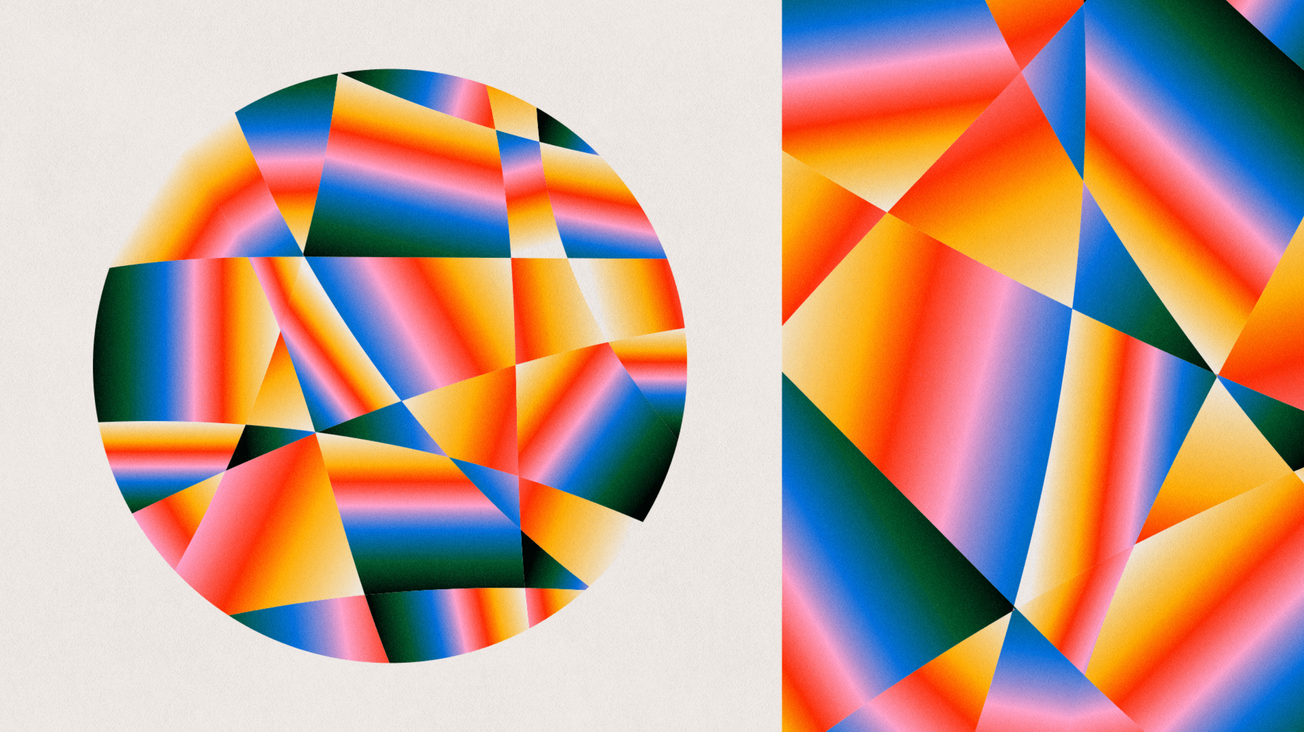Drag queens, kings, and things meet deepfake technology in The Zizi Show (2020), a virtual cabaret that merges machine learning art with queer performance culture. This interactive online stage hosts a rotating cast of AI-generated drag acts, each constructed through neural networks trained on a diverse group of human performers.
Filmed at a London cabaret venue closed during COVID-19, the real-life performers became the basis for training datasets — effectively queering AI by feeding it diverse drag identities. The result is a deepfake drag performance that doesn’t just mimic human movement but also exposes the quirks, glitches, and biases of the algorithms behind it.
Audiences can actively participate by choosing which AI-generated bodies perform which songs. Sometimes the system nails the illusion; other times, it breaks down — generating impossible poses, blending multiple identities, or revealing the underlying skeleton-tracking structures. In doing so, The Zizi Show challenges the assumption that AI is a monolithic “intelligence” and instead frames it as a fallible, human-influenced system.
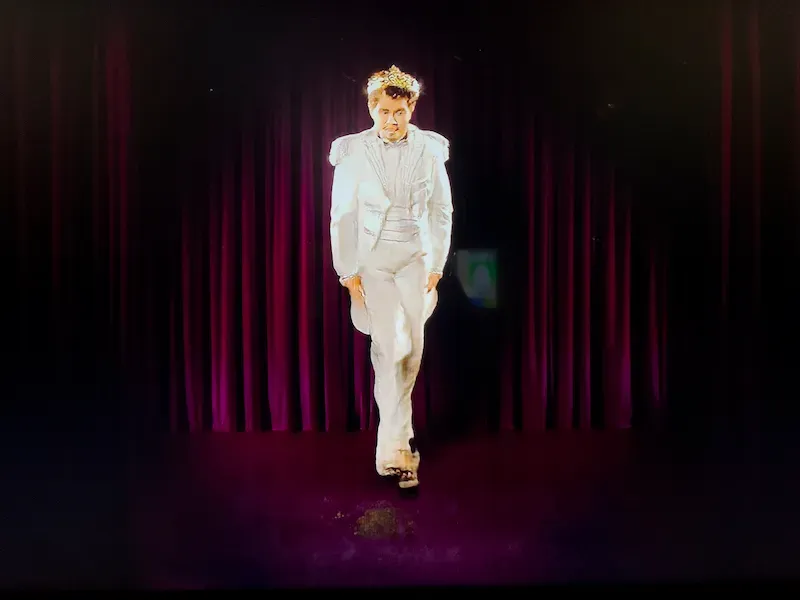
How The Zizi Show Works
The project’s bodies are generated by deepfake algorithms trained on footage of drag performers, creating AI drag acts that borrow from — and remix — the movements, expressions, and personas of the original artists. The website allows users to experiment with which deepfake body performs which song, creating a customizable drag cabaret experience. At times, the AI attempts impossible positions or blends multiple queer identities into one — glitches that highlight the limitations of AI motion tracking and the biases embedded in machine learning datasets. This breakdown becomes part of the show’s critique: AI is not a neutral technology but a reflection of the data it’s given.
The Zizi Project: AI, Drag, and Queer Datasets
The Zizi Show is part of the broader Zizi Project (2019–present), a series of works by artist Jake Elwes exploring the intersection of AI bias, queer identity, and performance art. Elwes’ process involves queering datasets — intentionally disrupting normative assumptions by training algorithms on diverse, non-conforming performers. This approach questions how AI reproduces gender norms, stereotypes, and systemic bias. It also reframes drag not just as performance, but as a method for critical AI intervention. By confronting audiences with AI-generated drag identities, the project dismantles the myth that AI is an objective observer.

From Code to Cabaret: Jake Elwes’ AI Stagecraft
Jake Elwes (UK) is a media artist whose practice focuses on finding narrative and poetry in the successes and failures of machine learning systems. A graduate of the Slade School of Fine Art, Elwes’ work often investigates the ethics of code and the societal implications of AI.
The Zizi Project (2019–present) has been exhibited internationally, including at: ZKM (Germany), TANK Museum (Shanghai), Today Art Museum (Beijing), CyFest (Venice), Edinburgh Futures Institute (UK), Zabludowicz Collection (London), Frankfurter (Germany), Ars Electronica (Austria), Victoria and Albert Museum (London). Project videos and commissions are presented within the European ARTificial Intelligence Lab, co-funded by the Creative Europe Programme of the European Union and the Austrian Federal Ministry for Arts, Culture, Civil Service and Sport.
Queering the Machine Learning Pipeline
By merging drag performance with deepfake AI, The Zizi Show reframes both mediums. Drag becomes a tool for interrogating machine learning bias, while AI becomes a stage for queer expression. The project reveals how algorithms can replicate — and subvert — cultural norms embedded in their training data. It’s also a live experiment in interactive AI performance, where audiences aren’t just spectators but participants in generating digital identities. In an era of rapidly proliferating AI-generated media, The Zizi Show demonstrates how creative technology can operate as both spectacle and sociotechnical critique.

